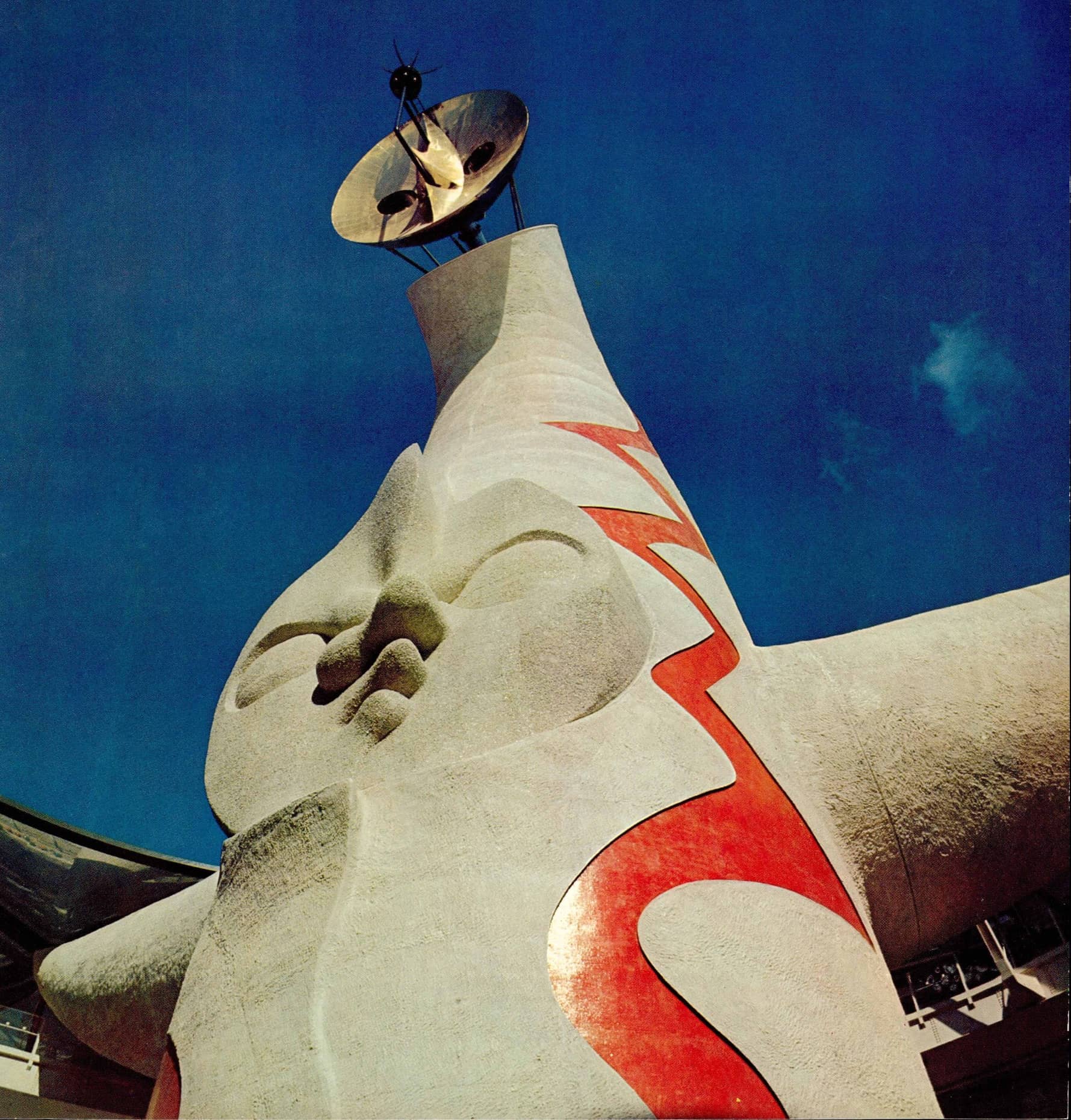The year was 1970. The Cold War was current news, not ancient history, as the United States, Western Europe and Japan were locked in a worldwide political, economic, social and cultural struggle with the Soviet Union and mainland China that all feared could, with one wrong move, erupt into a war involving nuclear weapons.
It was also a time of incredible scientific achievement. The previous year, Neil Armstrong and the Apollo 11 astronauts took "one giant leap for mankind" by walking on the moon, beating the Soviet Union to the honors and mesmerizing the world. Back on Earth, an entire generation born after World War II had come of age in the 1960s. As 1970 dawned, there was much commentary about the international "youth movement," and the political, social and cultural values it espoused, which rebelled against and often shocked conservative older generations.
In Japan, 1970 marked a decade of unprecedented growth and optimism among large numbers of Japanese, who were convinced the future would only get brighter despite growing problems of environmental pollution and an urban infrastructure struggling to keep up with the waves of people relocating from rural to urban areas in search of prosperity. Newspapers touted Japan's first satellite, the Lambda 4S-5 rocket, and reported on an experimental technology being tested at a Tokyo bank called an "automatic cash dispenser," which allowed you to withdraw cash with a special plastic card.


















With your current subscription plan you can comment on stories. However, before writing your first comment, please create a display name in the Profile section of your subscriber account page.